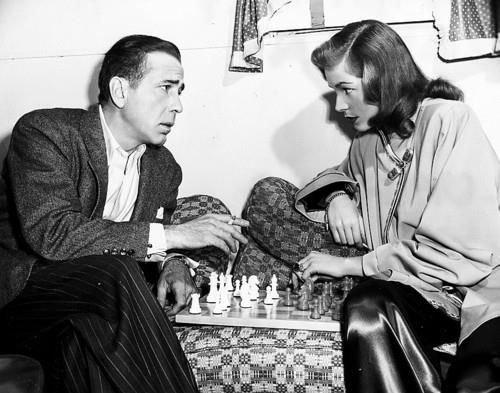
Marriage, Children, and Chess Ratings
There is a famous saying among Grandmasters: “Marriage costs 50 Elo points”. I heard it as a teenager, and apparently, it was told to Vishy Anand after his wedding to Aruna in 1996. Of course, Anand’s rating has never dropped below his 1996 level, so there goes that theory. On the other hand, his peak rating of 2817 was achieved right before the birth of his first child. Perhaps an alternate theory is that having children costs Elo?
Maybe, but maybe not. The problem with anecdotes is that they can both sound convincing and be scientifically worthless. For example, Judit Polgar took six months off chess for the birth of her first child, after which she returned with a vengeance, reaching her highest ever rating a year later and becoming the first woman to qualify for the final stages of a World Championship stages. Teimour Radjabov had his first child in the middle of 2013, a year in which he started as world #4 and finished as world #34. None of the current top 5 men by FIDE rating have children, while the same can’t be said for women (Kateryna Lagno, for example, has four). But it would be a brave pundit who would thus conclude that having children gives women an unfair advantage!
Still, the idea that important life events affect a player’s performance seems logical. Elite chess requires constant study, extreme dedication, and regular sacrifice. A sympathetic and generous partner is likely to matter a lot for whether a player can devote one, or four, or eight hours to chess per day. (The world’s youngest Grandmaster, 12-year-old Abhimanyu Mishra, apparently spends 12 hours per day.)
And study time is not the only reason why family life can affect your rating. Research has shown that new parents can expect to sleep between one to two hours fewer per night during a baby’s first year, with women copping an extra sleep penalty, and reduced sleep persists to some degree all the way until the child turns six. Moreover, even when children grow older, having a family constrains a player’s ability to travel alone to international tournaments, which can often last for weeks at a time.
I am leading a research team of university economists and psychologists that, for the first time, will investigate these questions. And we need your help! We are asking chess players to fill out our short survey, which takes less than five minutes and asks a couple of questions about your study habits, interest in the game and family events during your life.
We will link all players’ surveys to their tournament games and FIDE ratings to discover the extent to which these big life moments affect chess performance, and how. Hopefully, our research can also shed some light on why some players lose interest in chess and even drop out from the game in later life.
Even if you have never been married or had children, please do fill out our survey; your contribution will be very valuable as part of our 'control group'. Please help us! The link to the survey is here:
https://uqbel.az1.qualtrics.com/jfe/form/SV_bsCcQRUC3fCxCtM